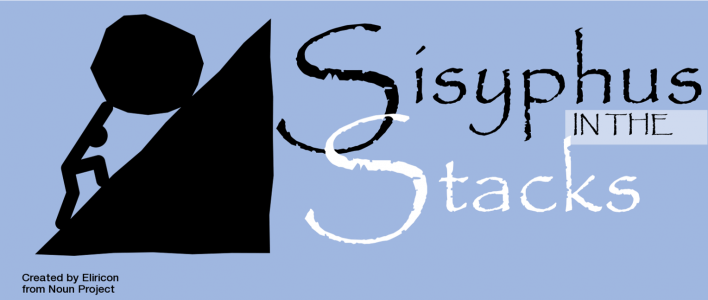So, here’s the problem with trying to be both inclusive, fulfilling the mandate implicit in the first of the ALA ethics …
I. We provide the highest level of service to all library users through appropriate and usefully organized resources; equitable service policies; equitable access; and accurate, unbiased, and courteous responses to all requests.
… and maintaining professional neutrality, according to the seventh entry in the Code of Ethics …
VII. We distinguish between our personal convictions and professional duties and do not allow our personal beliefs to interfere with fair representation of the aims of our institutions or the provision of access to their information resources.
There is a conflict between the two insofar as inclusion of certain political opinions on the right (favoring the rich over the poor, Christianity over other religions, and white culture over minority culture, for example) creates an atmosphere in which minorities tend to feel less safe. Essentially, the conflict is over the definition of what (who) is worth preserving and passing on in the culture. Libraries are often caught in the crossfire.
Is this an either/or situation? I think that, to be true to a commitment to free speech, we need to provide opportunities for the right to air their views, whether it be in the collection or in political forums or whatever. Sunlight is the best disinfectant.
Which brings me to my second point. We need to equip minorities with a strong sense of self and identity, yes, and that comes with providing a safe space. But we also need to help them deal with the real world. Shutting out voices from the right will certainly not help with that. What to do?
Honestly, I’m not going to say what “all librarians” or “all libraries” should do. There are conservative librarians, and I want them to be free to go with their conscience as much as liberal librarians do–provided they represent multiple viewpoints in their collections and promote inclusion of the whole community in their programs. You know, basic stuff. Don’t treat the kids differently than the adults, don’t harass African Americans more than whites, don’t enforce rules differently for gay patrons and straight patrons, etc. Who could argue with that? (There are those who could argue with it, but, honestly, if they can’t share the library nicely, I’d kick their asses out.)
If, as a recent article claims, liberals are not interested in inclusion, diversity, and tolerance, then I am no liberal. (I consider myself a philosophical anarchist who concedes to the necessity of government to protect those with fewer resources.) I believe in a basic level of respect for all. I believe there is a degree of messiness in human life that it would be unfortunate, even dangerous, to try to eliminate. I believe that the library should take a stand in favor of the rights of minorities to occupy the same space as the majority and have their voices heard. I believe that the library should take a stand in favor of verifiable facts and scientific consensus. I also believe that the library should not shy away from or completely block out those who disagree with these things. We should both mirror our communities and provide a more ideal, healthier alternative.
